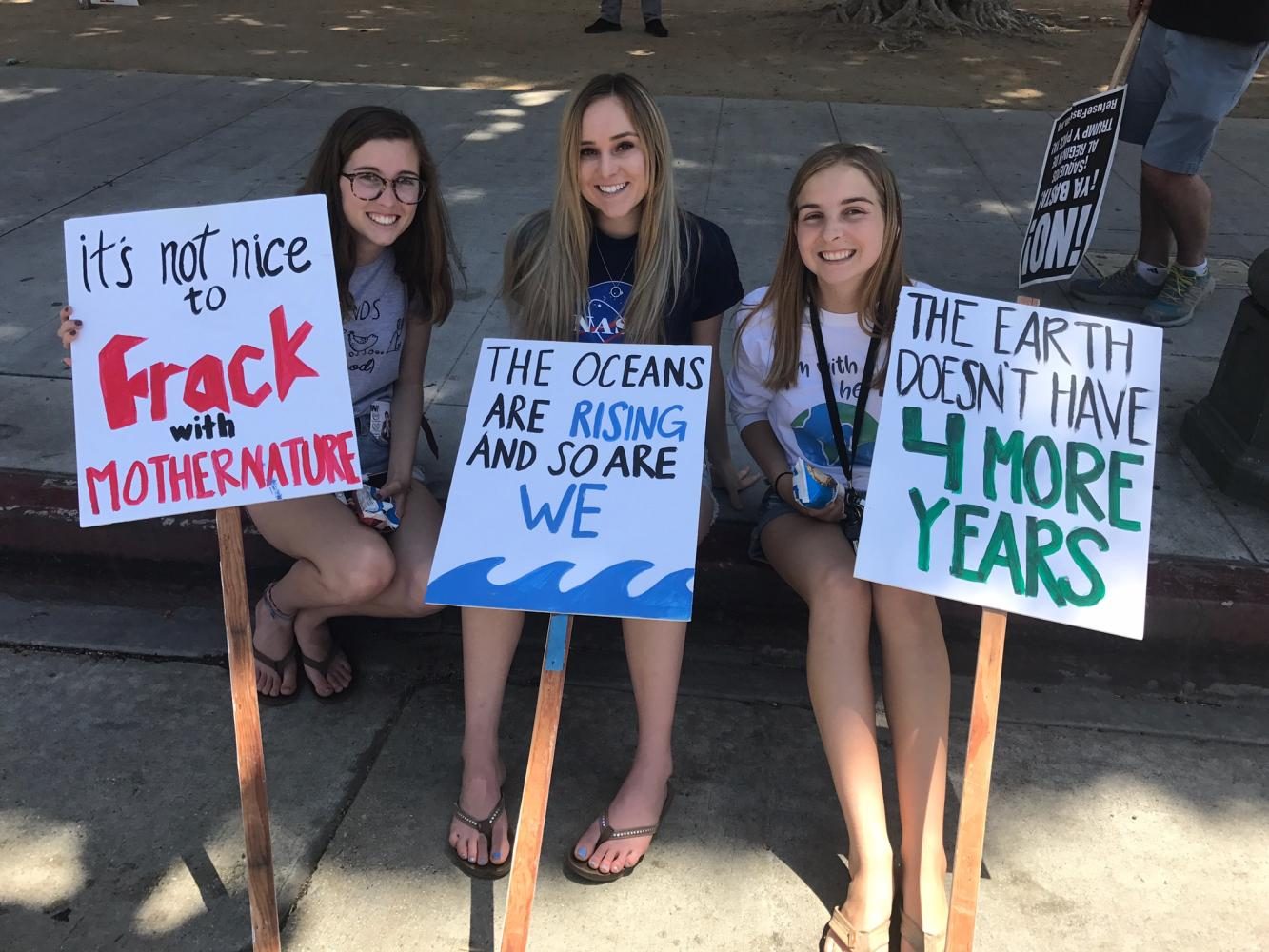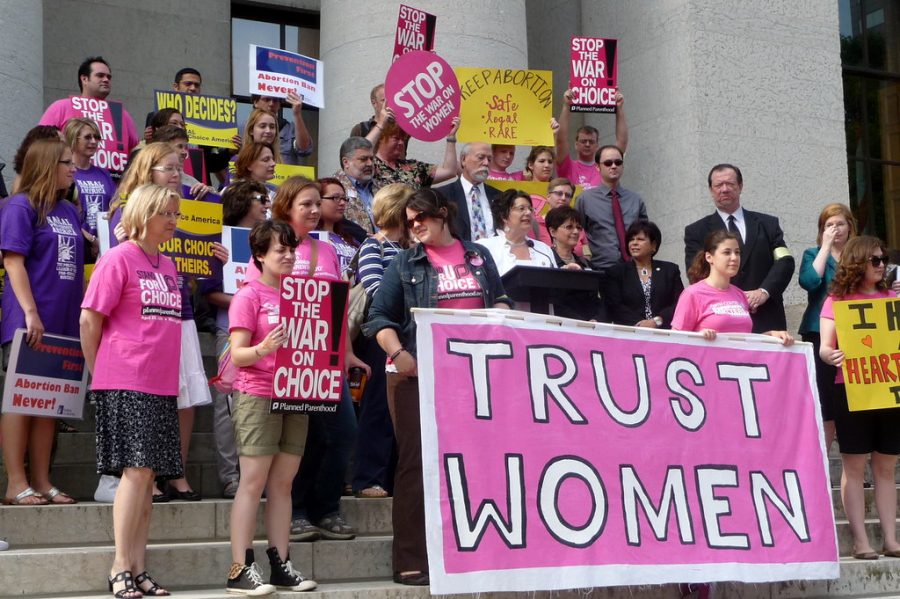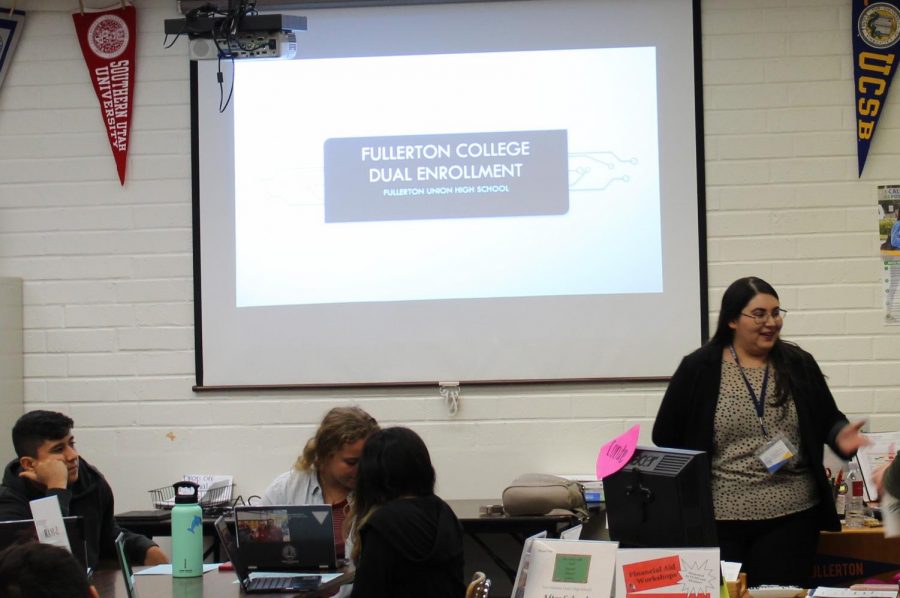Between 2000 and 2009, an average of 55 million people suffered from climate-related disasters annually. Damage costs hit $789 billion in the early 2000’s. While these startling numbers continue to escalate, it is easy for us to step back, ignore the problem and tell ourselves that global warming is inevitable, that it is merely an unfixable problem.
Many people think, “Oh well, we’re screwed but let’s deal with the consequences later.” However, the problem with this logic is that we are already facing the nasty consequences of pollution, factory smog, and greenhouse gas emissions.
Junior Ariana Juarez, STEAM club president says that people need to take action against global warming now.
“Climate change is going to become worse and when the first people who cannot breathe ends up dying because of our air pollution, people will start to listen and pay attention. It’ll be too late by then,” said Juarez.
Here are a few examples of current and potential consequences that may help you better understand how serious of an issue climate change really is:
- The IPCC reported that many island states could potentially disappear because of storm surges and rising sea levels, and in effect, the thousands of people living on these islands would drown to death.
 Food productivity would decrease in certain regions.
Food productivity would decrease in certain regions.
- Malnutrition and diseases will spread more rapidly in extremely poor countries because of the shifting ecosystems and its economic consequences.
- Up to 30% of species will have a greater risk of becoming extinct.
- Glaciers are and will continue to melt rapidly.
Even with these horrid potential results of global warming, many people are still not convinced that this issue is important. Why? We live in a society where it is popularly suggested that global warming is not a worthwhile issue. Many people do not give this issue the serious thought that it deserves, especially with President Trump labeling global warming as a “hoax” at a 2015 rally and questioning whether or not the U.S. will remain a part of the Paris climate agreement. And this attitude is understandable. There are so many other global affairs that typically need more immediate attention, such as extreme poverty, school shootings, and the news routinely showcased on media sources.
However, this doesn’t mean that we cannot make small changes to our daily lives to help slow down the earth’s rapid global warming.
By simply turning off the lights after leaving a room, recycling, walking instead of driving, or even shortening showers by a few minutes, we can help slow down the effects of global warming.
Junior Angela Lankenau who attended the March for Science on April 22 says that she wishes everyone could embrace science and understand how it is necessary to support our futures.
“I honestly don’t understand how people can say climate change is a hoax because they are just denying facts,” said Lankenau. “There are so many tests and so much data that proves that the world is warming because of anthropogenic changes.”
As Mahatma Gandhi famously said in 9 words that awed all of humanity, “In a gentle way, you can shake the world.” While one small action to root out global warming may seem pointless, if we as the FUHS student body make subtle changes to our daily lives, we can spark a ripple of change in an apathetic world consumed by careless self destruction.
“We need to take action now,” say Juarez. “Today, tomorrow, everyday that passes by means another day we are closer to killing our planet. Save Earth. Save Us.”













